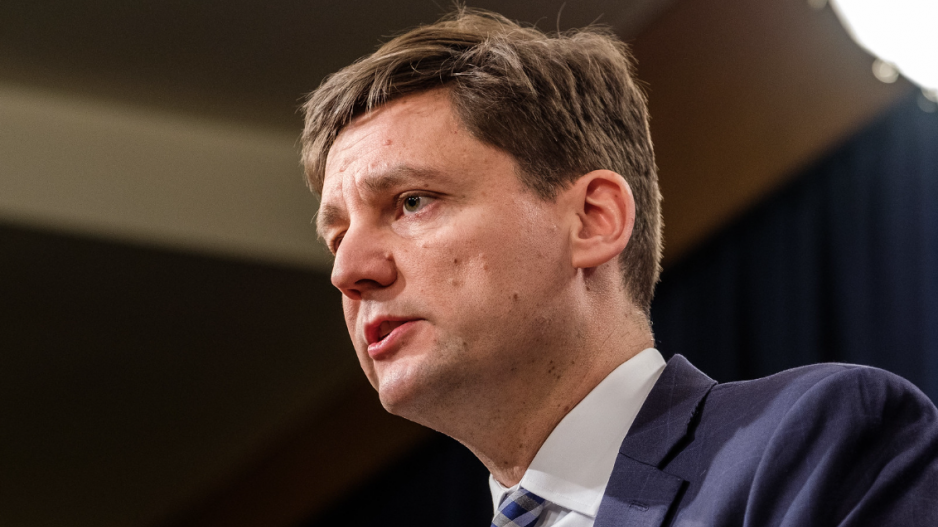Premier David Eby has been sprinting through his first three months in office, checking off items from his 100-day action plan with increasing frequency. But where does he go after that?
It’s a question that has people keenly anticipating Eby’s first throne speech, to be delivered in the legislature on Monday.
The throne speech typically lays out the premier’s legislative agenda for the current year. But with only 20 months to the next scheduled provincial election, Eby’s will serve as a big glimpse into how he will try and define himself with voters for the bulk of the critical run-up period to the next election.
“There are a number of components of the throne speech that will detail or additional initiatives on the key priorities of British Columbians,” Eby said Sunday, when I asked him about the issue at a City of Vancouver event.
“For example, a housing strategy focused on middle-income earners in our province, ensuring that the provincial government, typically focused on providing housing for the poorest of the poor, recognizes our role on providing middle-income housing for people who earn a decent income but can’t afford a place to live.”
The shift to middle-income housing will be a significant one for a New Democrat government that under John Horgan placed a so that it targeted money mainly to low-income British Columbians.
But with reports showing that they’ve ever been in British Columbia, the NDP has to get its head around providing financial assistance to people who, on paper at least, are the middle-to-upper-class voters New Democrats traditionally think earn too much money to deserve provincial support. Eby’s comments signal he’s moving in that direction.
The main focus of the throne speech, said Eby, will remain the “key priorities” as the premier sees them – health care, housing affordability, community safety, climate change and economic growth.
“That will be the focus of a lot of content in the throne speech,” he said.
“So a number of different topics and expansion of areas that all fit into this broader set of priorities British Columbia have – housing, community safety, strong economy and making sure that we’re supporting them with the costs of everyday life.”
Eby himself won’t be in the legislature to oversee its delivery, because he has to attend a meeting of premiers in Ottawa on Monday to discuss their position on healthcare transfers, before a key meeting of all premiers with the prime minister on Tuesday.
If the premiers are successful on a new health-care deal, B.C. could see an additional $4 billion a year from Ottawa towards health care, boosting the federal share to 35 per cent and freeing up money to tackle ER closures, nurse recruitment, family doctor training and more.
An undercurrent to Eby’s agenda this year will be the global economic slowdown, including the possibility of a recession in Canada and layoffs in key sectors as the economy is hit by interest rates raised by central banks to fight off inflation.
Eby said he’s considering “key strategies” to respond to that, including “how we’re going to keep B.C.’s economy strong through this period, by building stronger trade relationships around the world, by supporting business in different ways, and ensuring British Columbia will weather this global storm that we’re seeing.”
Eby has already to Asia and India this year to help bolster exports – mainly B.C. coal, forest products and natural gas – during a time of economic uncertainty. He also met the U.S. ambassador to Canada last week to push for a resolution to the softwood lumber dispute, which continues to penalize B.C. forest companies.
Eby’s first 100 days have proven ambitious. He’s signalling his throne speech will be doubly so. That sets the stage for him to continue his blistering pace for the rest of 2023.
Rob Shaw has spent more than 14 years covering B.C. politics, now reporting for CHEK News and writing for Glacier Media. He is the co-author of the national bestselling book A Matter of Confidence, and a regular guest on CBC Radio.




